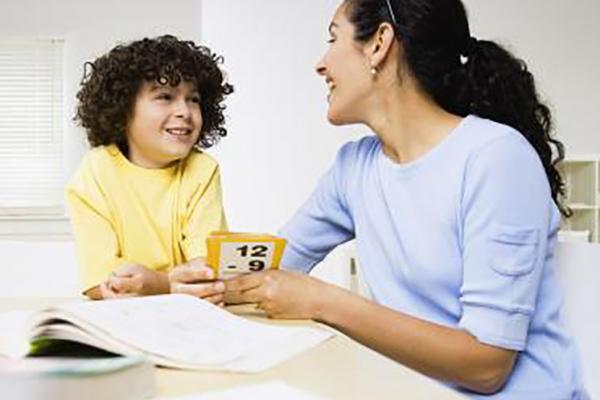Sonnenschein, Susan, Claudia Galindo, Shari R. Metzger, Joy A. Thompson, Hui Chih Huang, and Heather Lewis. 2012. “Parents’ Beliefs about Children's Math Development and Children's Participation in Math Activities.” Child Development Research 2012 (October).
There is a relationship between parents’ beliefs about how to foster young children’s maths development and children’s participation in maths activities, finding a significant relationship between the two. Skwarchuk (2009) demonstrated that parents’ prior experiences with maths were positively related to the frequency of their preschoolers’ maths activities and maths knowledge.
An important belief commonly found among Asian parents is the relationship between academic learning and success, and children’s ability and effort. Asian and Asian American parents consider hard work and effort as the key to academic success. In contrast, Caucasian parents consider ability as a very important factor to academic success, which implies a more deterministic view of academic success.
On average parents highly endorsed the importance of children doing maths at home. 86% of parents surveyed considered doing maths at home as important or very important; only 14% considered doing maths at home as somewhat or not important.
In terms of parents’ own opinions of maths, neither parents’ own enjoyment of maths nor their self-rated skills predicted whether this age group of children engaged in maths at home.
Parents should be encouraged to give increased attention to being role models of engagement for their children. Although about half the parents (48%) reported that their children observed them engage in maths activities every day or almost every day, nearly a third of the children only observed their parents do maths activities less than once a week.10% noted their children never saw them engaged in maths activities. Clearly, some parents are not aware of the positive implications of involving their children in frequent math-related activities.
Taking advantage of the many daily living activities that involve maths (e.g., cooking and paying bills) may be an excellent way for parents to serve as role models of maths engagement for their children.
S.-L. Skwarchuk, “How do parents support preschoolers’ numeracy learning experiences at home?” Early Childhood Education Journal, vol. 37, no. 3, pp. 189–197, 2009.





